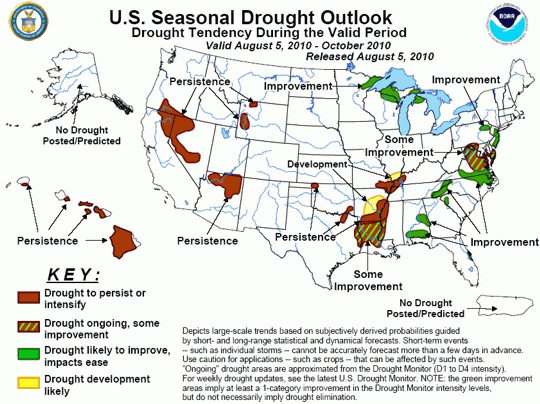|
|



Christopher J. Martinez, Ph.D
Needs, Uses, Perceptions, and Attitudes towards Weather and Climate
Forecast Information by Water Resource Managers in the Southeastern
United States
Water resource managers were expected to be eager and early adopters of climate forecast information, yet few appear to currently do so. Seasonal forecasts are now skillful at lead-times up to one year in some parts of the world. Previous studies in other regions of the country have found the reluctance to use forecasts by water managers to include: mismatches of both the temporal and spatial scales of forecasts to the management needs of decision makers; limited awareness of and access to forecast information; misinterpretation of forecast results; perceptions of poor reliability; and institutional and regulatory constraints.
Due to the strong signal of the El Niño-Southern Oscillation (ENSO) in the region, water resource managers in the Southeastern USA can benefit from using climate forecasts.
Water resource managers were expected to be eager and early adopters of climate forecast information, yet few appear to currently do so. Seasonal forecasts are now skillful at lead-times up to one year in some parts of the world. Previous studies in other regions of the country have found the reluctance to use forecasts by water managers to include: mismatches of both the temporal and spatial scales of forecasts to the management needs of decision makers; limited awareness of and access to forecast information; misinterpretation of forecast results; perceptions of poor reliability; and institutional and regulatory constraints.
Due to the strong signal of the El Niño-Southern Oscillation (ENSO) in the region, water resource managers in the Southeastern USA can benefit from using climate forecasts.
Christopher J. Martinez, Ph.D
279 Frazier Rogers Hall
PO Box 110570, University of Florida
Gainesville, FL 32611
279 Frazier Rogers Hall
PO Box 110570, University of Florida
Gainesville, FL 32611
Phone: (352) 392-1864 x279
Fax: (352) 392-4092
Email: chrisjm@ufl.edu
Fax: (352) 392-4092
Email: chrisjm@ufl.edu
The overall goal of this project was to provide an
assessment of the current uses of, needs for,
perceptions of, and attitudes towards weather and climate information, forecasts, and derived
products by water resource managers in the states of Alabama, Florida, and Georgia, as well as to identify gaps in diagnostic and forecast information currently available. This work was conducted in support of the National Integrated Drought Information System.
Water resource management systems in these three states vary in terms of size, complexity, institutional and regulatory constraints, infrastructure, and water source. This region- and sector-specific assessment of users and potential users of forecast information will enable us to provide custom-tailored information, tools, and decision support in the future.
The results of this work have been published in Regional Environmental Change (link)
perceptions of, and attitudes towards weather and climate information, forecasts, and derived
products by water resource managers in the states of Alabama, Florida, and Georgia, as well as to identify gaps in diagnostic and forecast information currently available. This work was conducted in support of the National Integrated Drought Information System.
Water resource management systems in these three states vary in terms of size, complexity, institutional and regulatory constraints, infrastructure, and water source. This region- and sector-specific assessment of users and potential users of forecast information will enable us to provide custom-tailored information, tools, and decision support in the future.
The results of this work have been published in Regional Environmental Change (link)









